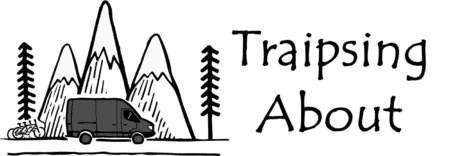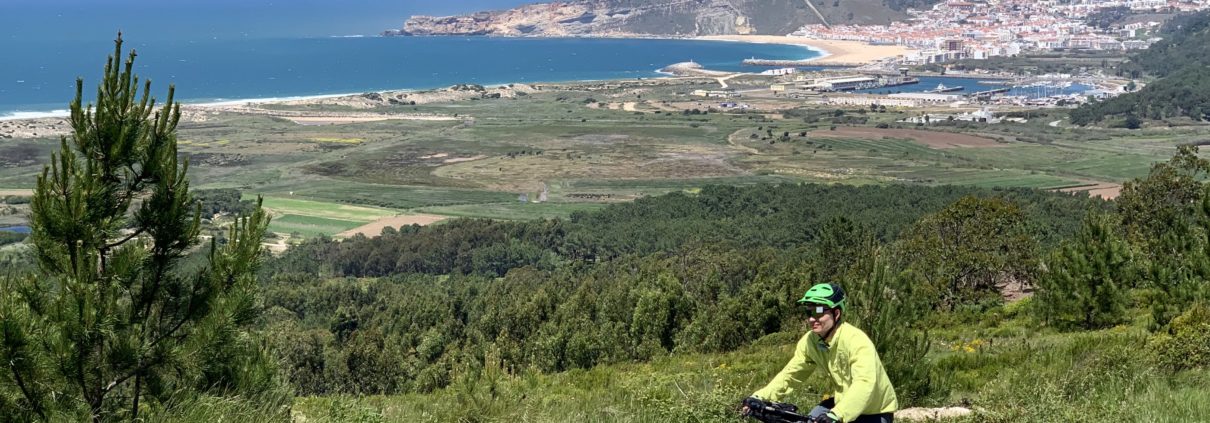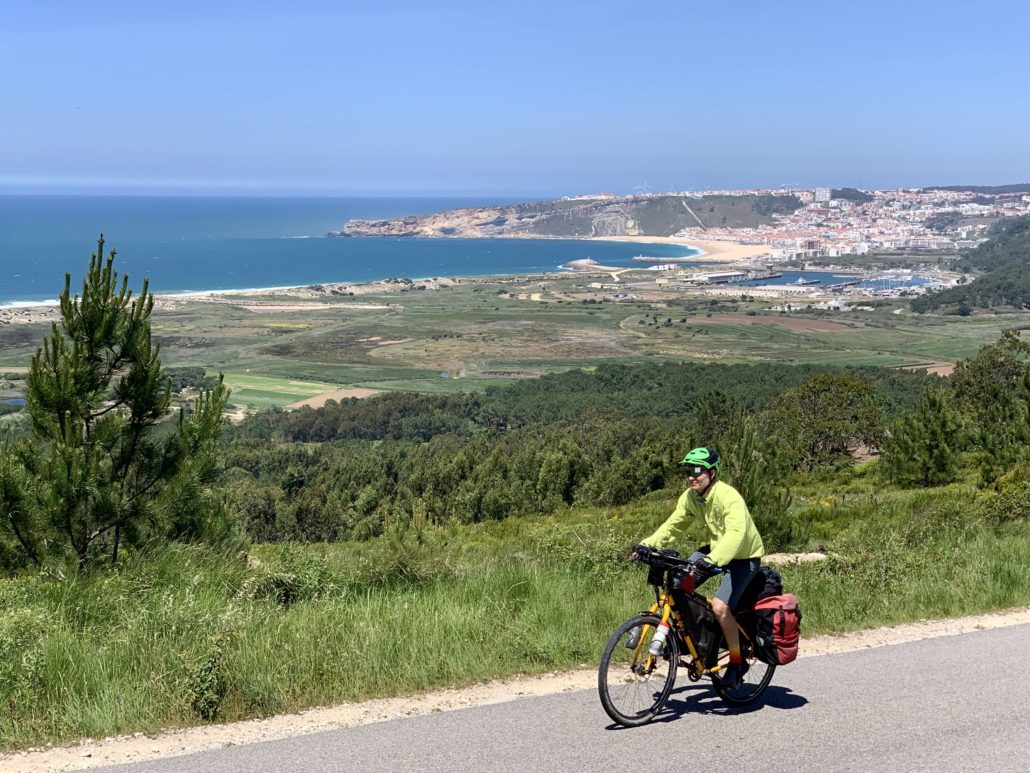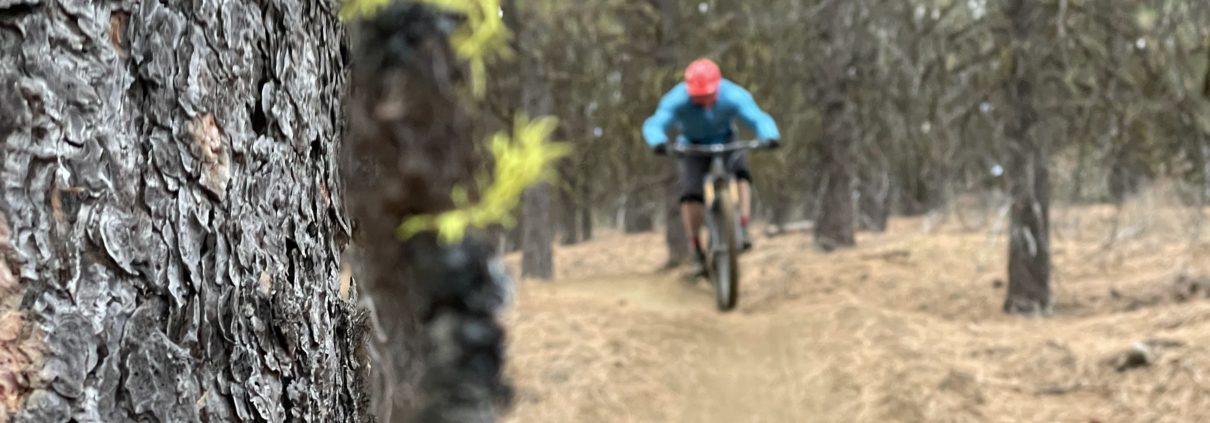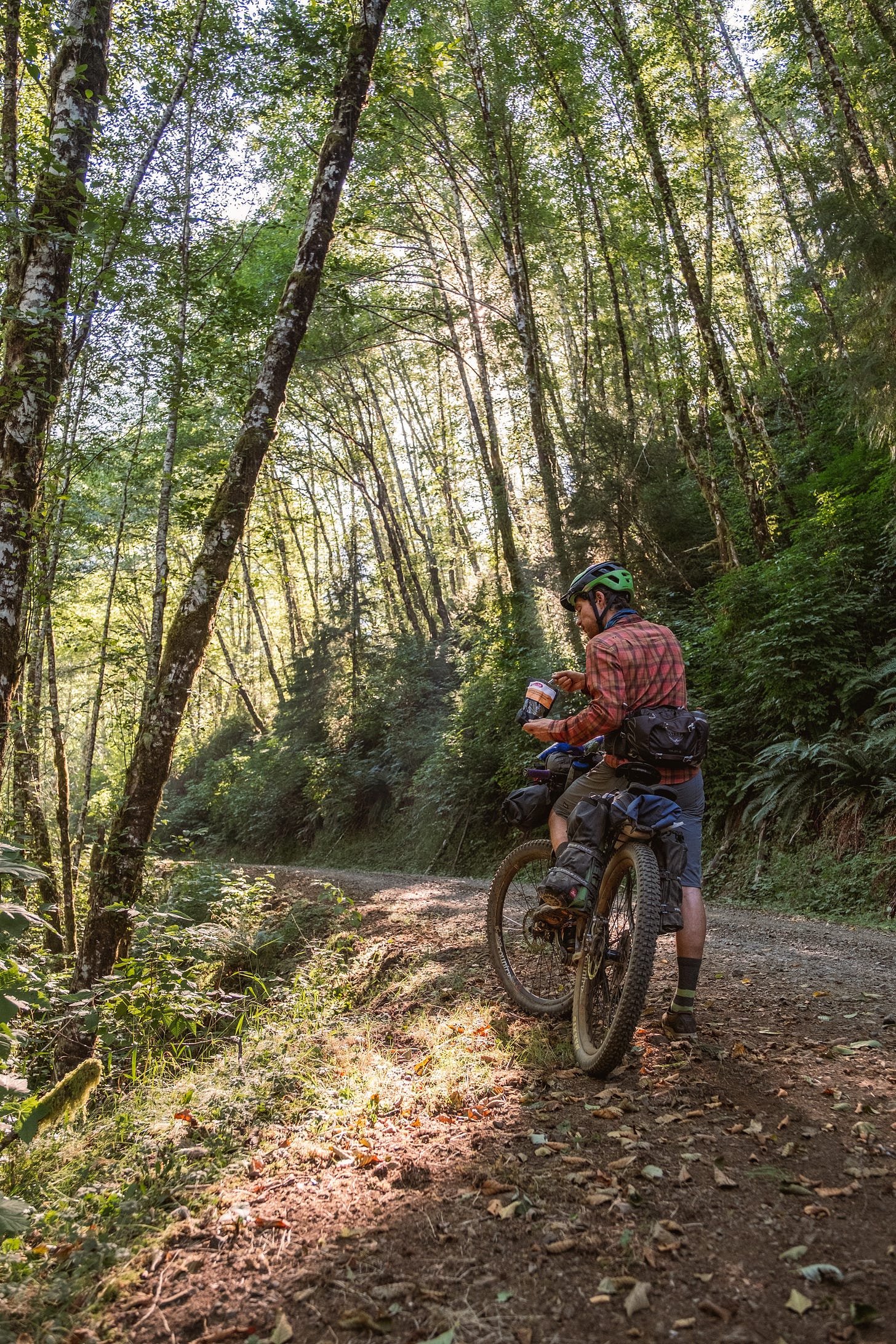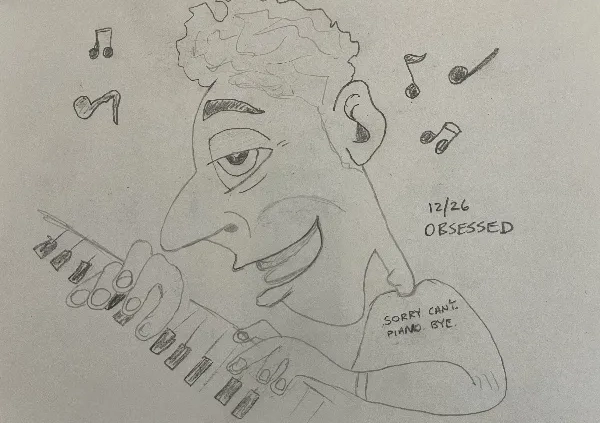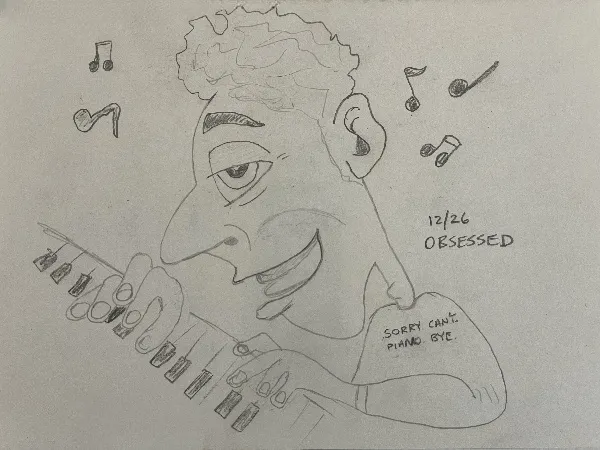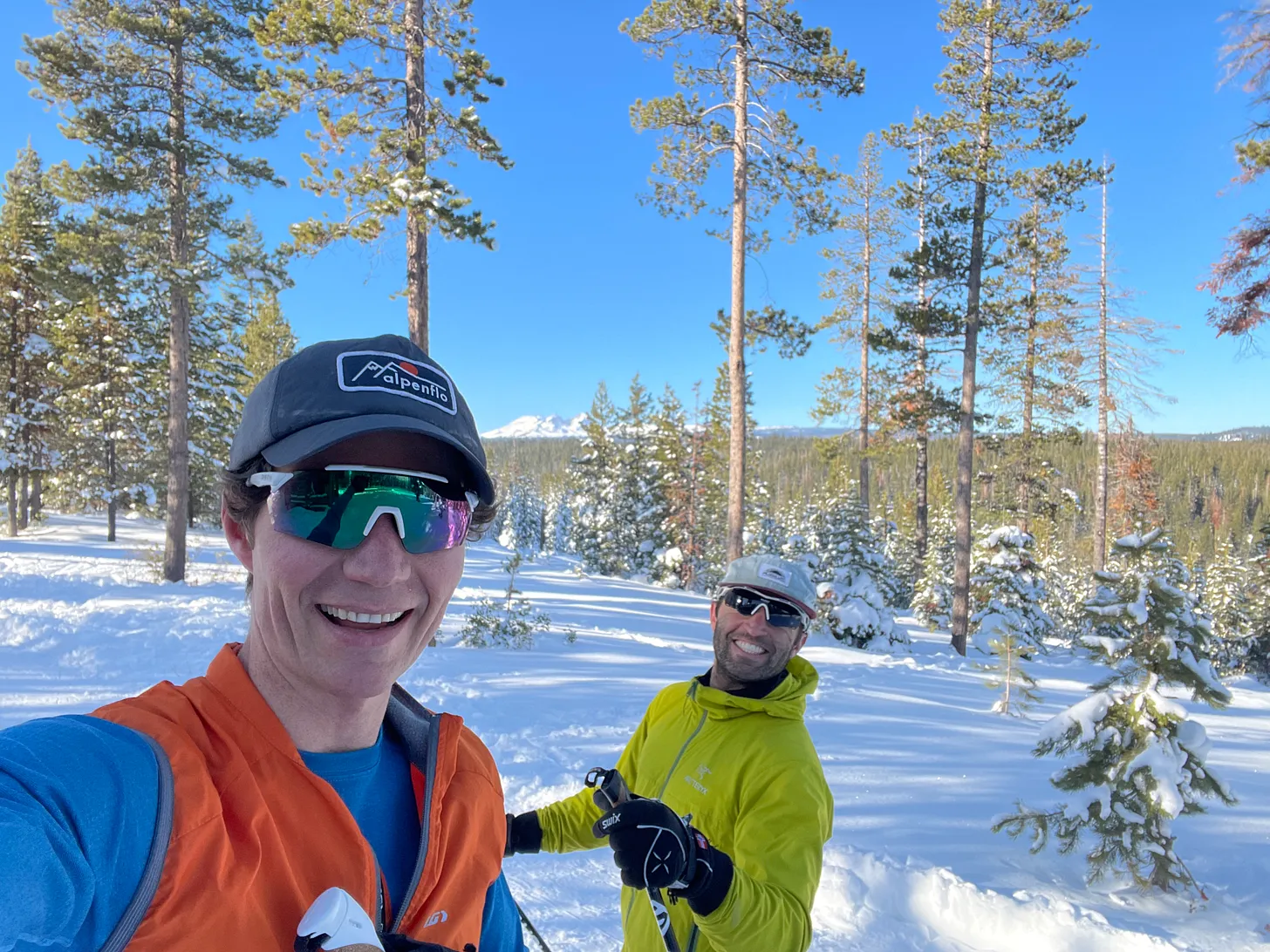Two years of memorizing everything with Anki
As James Clear wrote in Atomic Habits, “You do not rise to the level of your goals. You fall to the level of your systems.”
Well, my past efforts to learn a language fell apart because I didn’t have a system that allowed me to stay on top of phrases I’d learned or new concepts. After using a language during a trip, I’d fall off the study wagon.
The same thing happened with ANYTHING I wanted to remember.
Luckily, two years ago my questing friend Jono recommended Anki, a powerful tool whose name is derived from the Japanese word for memorization. People from medical school students to language learners to pilots to musicians use Anki to memorize, well, just about anything!
It’s essentially a smart flash card system that uses spaced repetition. I won’t go into the details here, but check out my tutorial blog post on how I set up Anki.
Anki works. By studying 15-30 minutes/day, I’ve memorized more than I thought possible. Initially it felt like a “should do,” but now it’s a daily ritual. A handful of minutes each day to build my knowledge and skills, brick by brick. I actually look forward to it!
Sure, there are devices in our pockets that can look anything up. But without knowing stuff, it’s tougher to understand context or pull threads together from disparate ideas and weave them together. For many things, be it writing, speaking a language, or playing an instrument, we need to memorize things.
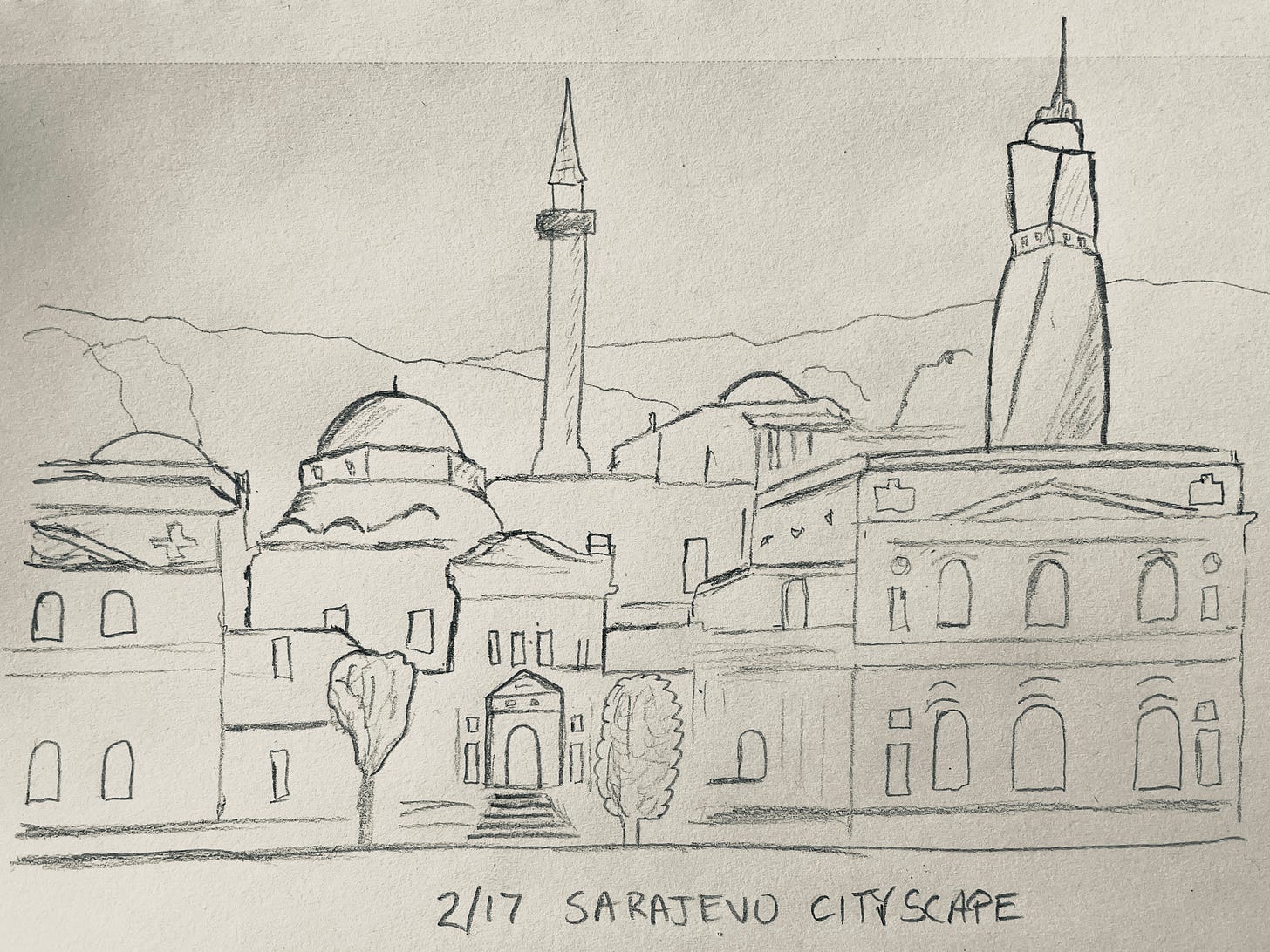
My results after two years
In less daily time than most of us spend texting or scrolling online, here’s what I’ve learned (and, more importantly, retained) in two years. I share this not to brag, but to demonstrate the sheer power of Anki!
- About 7,000 Italian vocab words (plus thousands of example sentences, conjugations and grammatical concepts) with an average 92% retention.
For language fluency, 8,000-10,000 words is a good target, which I’ve seen now that I can converse at an advanced B2 level. Future travels in Italy (or living there!) will up my game dramatically with such a strong foundation. - Another 1000+ Spanish words now that I feel solid with Italian, learning 20 words a day. (That’s 7000+/year, bit by bit!) Even better, relearning Spanish after forgetting my high school studies feels easy now with a Romance language under my belt. I bet I can achieve fluency in Spanish (or Portuguese, or French…) much faster. So motivating.
- Musical concepts
- Famous musicians/composers and musical time periods
- Music theory concepts, plus expressions like adagio or appoggiatura.
- Difficult passages from piano and guitar songs I’ve learned and want to keep sharp.
- English vocabulary, poker lingo, countries of the world plus US states (DelaWHERE?), Italian provinces, US presidents, wilderness first responder info…
- The NATO phonetic alphabet (alpha, bravo, foxtrot, yankee…no more embarrassing moments trying to spell my name to a customer service rep!)
- For book quotes from Kindle highlights, I use the fantastic service Readwise, which also uses spaced repetition, but syncs with my Kindle. I review a handful of my favorite quotes each morning, which adds up to thousands of quotes per year that I remember instead of wondering “did I even read that book?”
Wow, just putting all that in one list gets me fired up to continue using Anki! Such a powerful tool. I can’t tell you how motivating it is to have a system I’m confident will allow me to retain these concepts long-term.
OH, did I mention it’s open-source with no monthly fee?! (iOS users do have an upfront $25 cost.) Get it here.
Back to habits-master James Clear, who says:
“The purpose of setting goals is to win the game. The purpose of building systems is to continue playing the game. True long-term thinking is goal-less thinking. It’s not about any single accomplishment. It is about the cycle of endless refinement and continuous improvement. Ultimately, it is your commitment to the process that will determine your progress.”
In the same way practicing piano scales is paves the way for musical success, studying Anki is a foundational daily practice for me. From music to reading to writing to language fluency to helping injured people with my first aid skills (it’s happened numerous times), Anki supports many of my goals.
For anyone considering using Anki, I can only say that I wish I’d started using it back in elementary school. It would have been magic for all the memorization we had to do. (Like it or not—I don’t—school still primarily operates this way.)
For anyone looking to learn and retain new concepts, I can’t recommend it enough. If I were a parent with a kid, I’d 100% have them add concepts from school into Anki. I’d be such a fun dad…
Hey, I’d take them biking too!
But only after they finished their Anki study.
Dig this post and want to level up your life? I write about learning and life hacks in my 2x/month Traipsing About newsletter.
